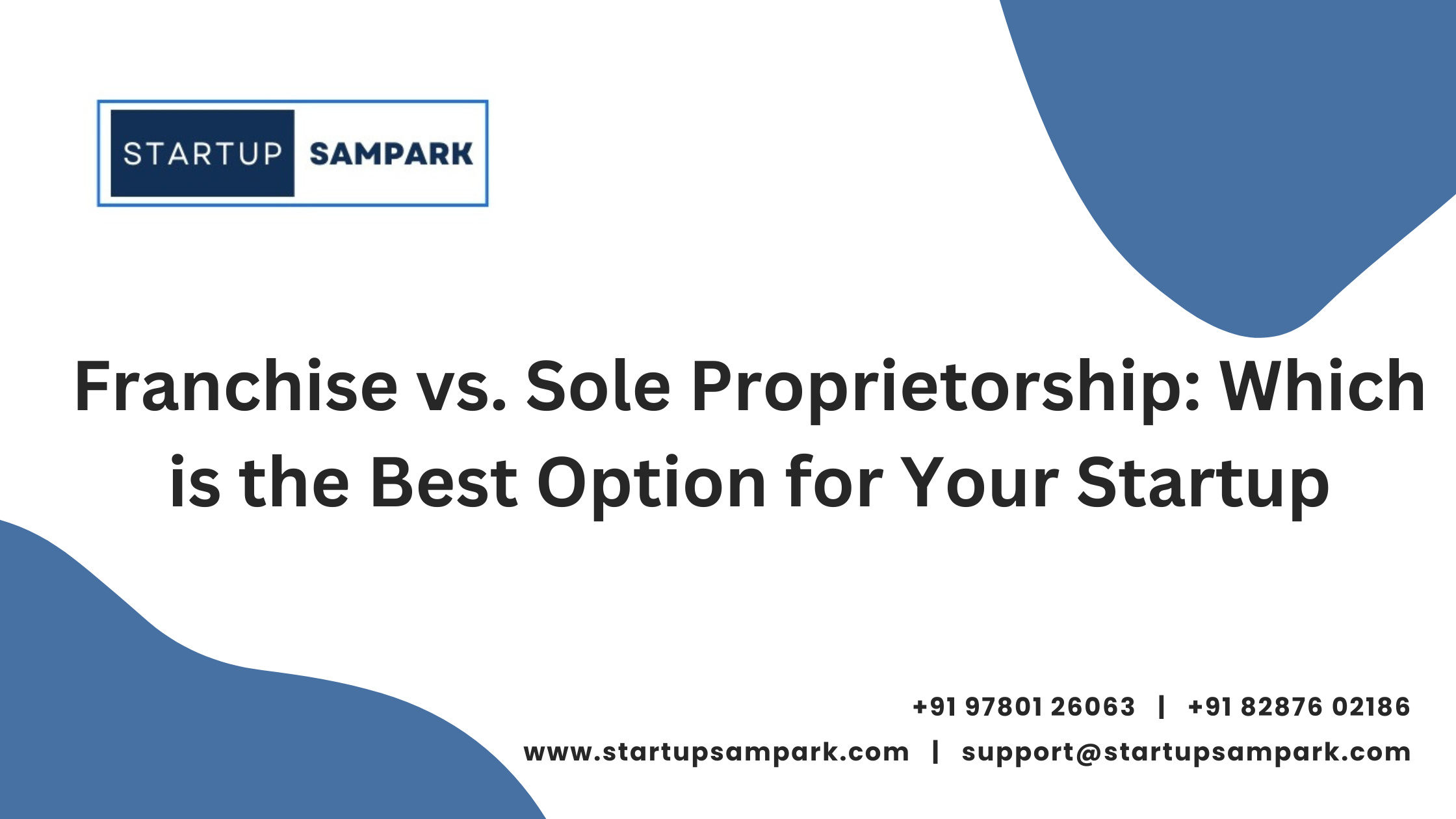Franchise vs. Sole Proprietorship: Which is the Best Option for Your Startup
Understanding the Business Structures
Franchises and sole proprietorships represent two distinct paths for starting a business. A franchise involves operating under the established brand, systems, and support of a franchisor, providing the advantage of a proven business model. In contrast, a sole proprietorship is an independent business owned and managed by an individual, offering complete autonomy in decision-making. Understanding the fundamental differences in their structure, responsibilities, and potential for growth is the first step in deciding which suits your startup best.
Control and Independence
Sole proprietorships offer full control to the owner, who has the freedom to make decisions regarding operations, branding, and business strategies. This flexibility is ideal for entrepreneurs who have a clear vision for their startup and prefer autonomy. On the other hand, franchises require adherence to the franchisor’s operational guidelines and brand standards. While this ensures consistency and reduces the risk of failure, it also limits the franchisee’s ability to innovate or make independent decisions.
-
 Startup Registration (DPIIT Recognition)₹8,850.00
Startup Registration (DPIIT Recognition)₹8,850.00
Initial Investment and Financial Risk
The cost structure of franchises and sole proprietorships differs significantly. Starting a franchise often involves paying franchise fees, royalties, and setup costs, which can be substantial but provide the benefit of an established brand and support system. Sole proprietorships, however, typically require lower initial investment, making them more accessible for entrepreneurs with limited capital. However, sole proprietors bear full financial risk, including losses, while franchises share some risks with the franchisor through brand strength and support mechanisms.
Growth Potential and Market Reach
Franchises offer faster scalability due to their pre-existing brand recognition, customer base, and streamlined processes. Entrepreneurs can capitalize on the franchisor’s market reputation, reducing the time needed to build trust and gain customers. In contrast, sole proprietors need to build their brand and customer base from scratch, which can take years and requires significant marketing efforts. However, sole proprietorships offer unlimited growth potential for those willing to take on the challenge and create a unique brand identity.
Legal and Compliance Requirements
Legal formalities differ significantly between the two models. Franchises require detailed franchise agreements, IP protection, and adherence to the franchisor’s compliance guidelines. They also involve industry-specific licenses, taxes, and periodic audits. Sole proprietorships have simpler legal requirements, involving fewer licenses, easier tax filings, and minimal regulatory oversight. However, sole proprietors bear unlimited liability, exposing personal assets to business risks, whereas franchisees are protected by limited liability agreements in many cases.
Which is the Right Fit for You?
Choosing between a franchise and a sole proprietorship depends on your entrepreneurial goals, risk appetite, and financial resources. If you value independence and have a unique business idea, a sole proprietorship allows you to execute your vision fully. Conversely, if you prefer a lower-risk venture with a ready-to-use model, franchising may be the better option. It also depends on the industry and target market; for example, food and retail businesses thrive under franchises, while niche or creative ventures may succeed as sole proprietorships. Careful evaluation of your strengths, market conditions, and long-term objectives is essential before making the decision.
Startup, India
-
 Startup Registration (DPIIT Recognition)₹8,850.00
Startup Registration (DPIIT Recognition)₹8,850.00















Post Comment